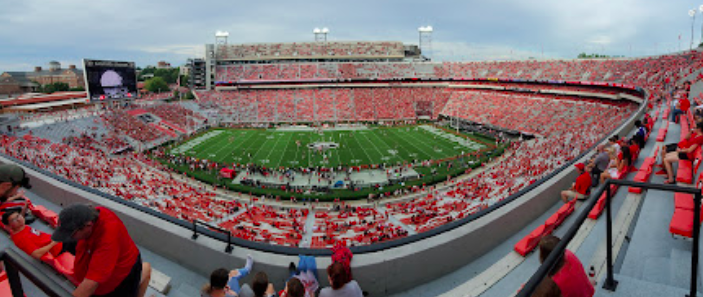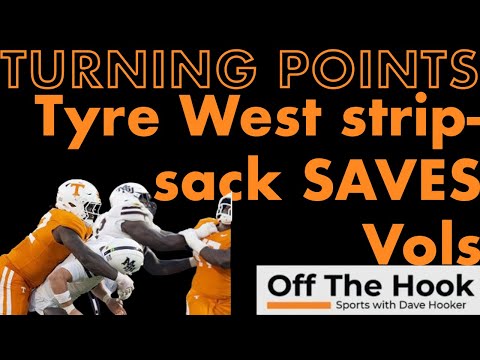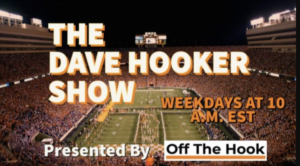Kentucky quarterback Will Levis came into Saturday night as a highly ranked draft prospect. He seemed poised to take advantage of Tennessee’s biggest weakness – its secondary.
Levis left Neyland Stadium on Saturday with only 98 yards passing and three interceptions. Levis was 16-of-27 passing against the Vols.
Senior Cooper Mays attributes Tennessee’s pass defense on Saturday to stopping the run.
“So that really starts out with being able to run the ball and they weren’t able to do that,” Mays said. “So any time you go in and your game plan gets kind of stumped, you don’t really know how to react. You had to lean on the throw a little bit more and then our DB’s and our coverage all around kind of took a step forward last night.”
“I think Doneiko Slaughter had a really good game. Juwan got the interception.. And that was a pretty big moment there. That kind of shut the game out.”
Tennessee’s defense has been long thought of as its weakness, specifically the secondary.
However, you can’t deny the growth Tennessee’s defense has had thus far this year. The Volunteers gave up an average of 300.75 yards per game in the air, yet only held Levis to 98 yards. The three interceptions Tennessee picked off on Saturday make up ⅓ of its interceptions for the year.
Tennessee’s defense picked a good time to improve as their matchup with Stetson Bennett and Georgia approaches.
“I think they’ve improved a lot,” Mays said of UT’s defense. “I think the biggest thing for them is they’re playing extremely aggressively and vertically, especially on the D line. So it all stems from everybody knowing that to see the game is won in the trenches. So, if you got the line of scrimmage moving backward in any game, you’ve got a really good chance of winning.”
Tennessee’s improved defense will be needed in Athens as the Volunteers face off with the Bulldogs to likely decide the SEC East this weekend.
Tennessee is set to face Georgia between the hedges – an infamously hostile environment. The Volunteer’s up-tempo offense can help by leaving the road crowd out of the game.
“We play so fast…I think it leaves out the crowd where you can’t really let it affect you as much because you’re going so fast that the crowd doesn’t have that intensity, like build up on third down, build up to second and long,” Mays said. “So we kind of keep the crowd out of it a little bit. So it doesn’t really affect us as much, but it’ll be a good environment, I’m sure.”









